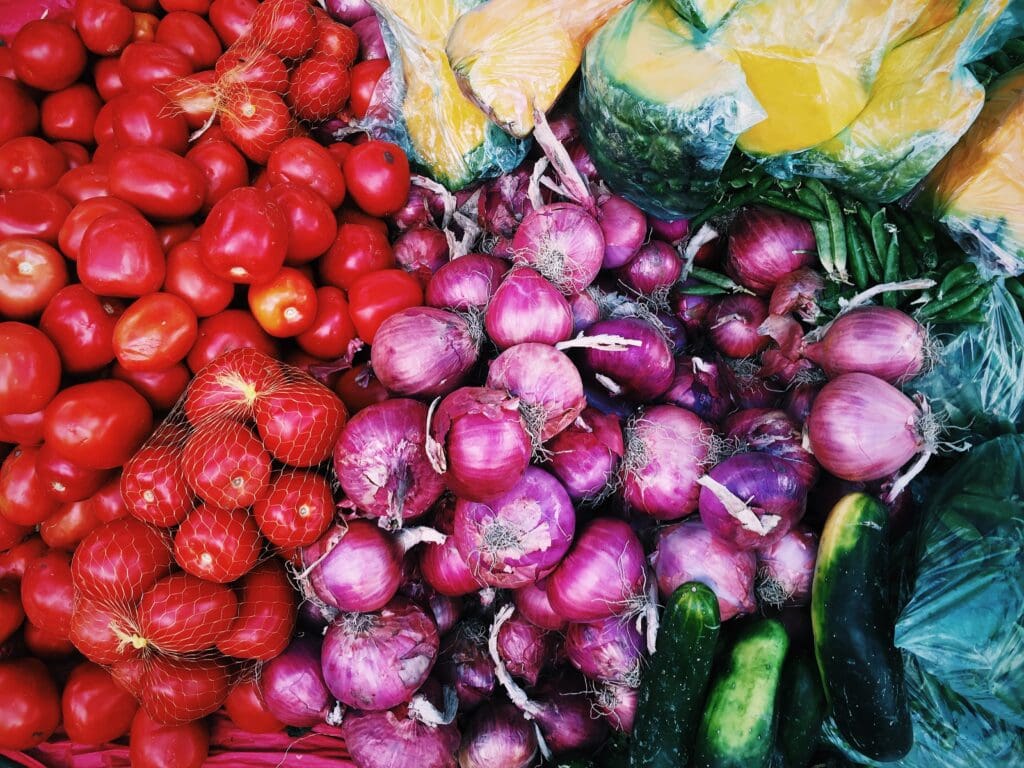Food Waste Survey Shows UK Consumers Say It’s Wrong to Waste Food – and Most Believe They Don’t

LONDON – A survey on attitudes to food waste in six countries, released on the eve of World Food Day (October 16), has found that in the UK more than half of those surveyed say they don’t waste food and that wasting food is morally wrong.
The survey, carried out by IPSOS on behalf of the United Nations World Food Programme (WFP), questioned people in Canada, Germany, South Korea, the United Kingdom, United States of America and United Arab Emirates.
“The U.N. World Food Programme has been honored with the Nobel Peace Prize, highlighting the value of food as a basic human right and the terrible and increasing toll of hunger brought about by conflict,” said Jane Howard, Head of Communications, Advocacy and Marketing in the U.N. World Food Programme’s UK Office. “But let’s not forget there’s enough food in the world to feed everyone, and if we could increase awareness and reverse current food waste trends, we could save enough food to feed 2 billion people.”
Some 68 percent of the 1,000 respondents in the UK survey said they didn’t waste food, second only to UAE (70 percent) and ahead of Germany (66 percent), Canada (54 percent), USA (53 percent) and South Korea (48 percent). Across all six countries, those over the age of 55 (72 percent) were more likely to indicate that they don’t waste food than those in the 15 – 34 age bracket (52 percent). Younger people were more likely (20 percent) to indicate that they would like to waste less food but don’t know how to do so.
When asked why they thought it was important not to waste food, the British (56 percent), Germans (52 percent) and residents of the UAE (69 percent) were most likely to say that it was morally wrong, whereas in the Canada and the USA, the most common answer was that having consistent access to food was a privilege. In South Korea the main reason people gave was that they wanted to live more sustainably, for example by reducing their environmental footprint, cited by 60 percent of respondents as opposed to 42 percent in the UK and 33 percent in Germany. The report is available here.
The U.N. World Food Programme has been running a #StopTheWaste awareness-raising campaign which began on the UN’s first International Day of Awareness of Food Loss and Waste on September 29 and will culminate tomorrow on World Food Day. For more details, go to wfp.org/foodwaste.
The U.N. World Food Programme’s UK Office will co-host a virtual Chef’s Table, entitled Preserving the Value of Food, where guests are invited to cook along with chefs Anahita Dhondhy and Arthur Potts Dawson. They will learn how to preserve food through a simple pickling recipe, learn about the U.N. World Food Programme’s work with women farmers in Bangladesh and take part in a discussion on the value of food. To register for the free session, taking place at 12.30pm UK time on 3 November, click here.
Globally, one-third of the food produced for human consumption is lost or wasted, amounting to about 1.3 billion tons per year. The financial costs of food wastage amount to about $1 trillion each year.
Food is lost or wasted throughout the supply chain, from initial agricultural production where food may rot on the farm because of poor storage to final household consumption where it is forgotten at the back of a fridge. #StopTheWaste aims to spotlight the global issue of food waste and highlight simple and creative solutions we can all take to prevent it.
# # #
The U.N. World Food Programme is the 2020 Nobel Peace Prize Laureate. We are the world’s largest humanitarian organization, saving lives in emergencies and using food assistance to build a pathway to peace, stability and prosperity for people recovering from conflict, disasters and the impact of climate change.
Follow us on Twitter @WFPUSA @wfp_media and @WFP_UK
For more information, contact:
Jane Howard, WFP/ London, Mob. +44 (0)796 8008 474
Jessica Andrews, WFP/ Rome, Mob. +39 342 648 1694


